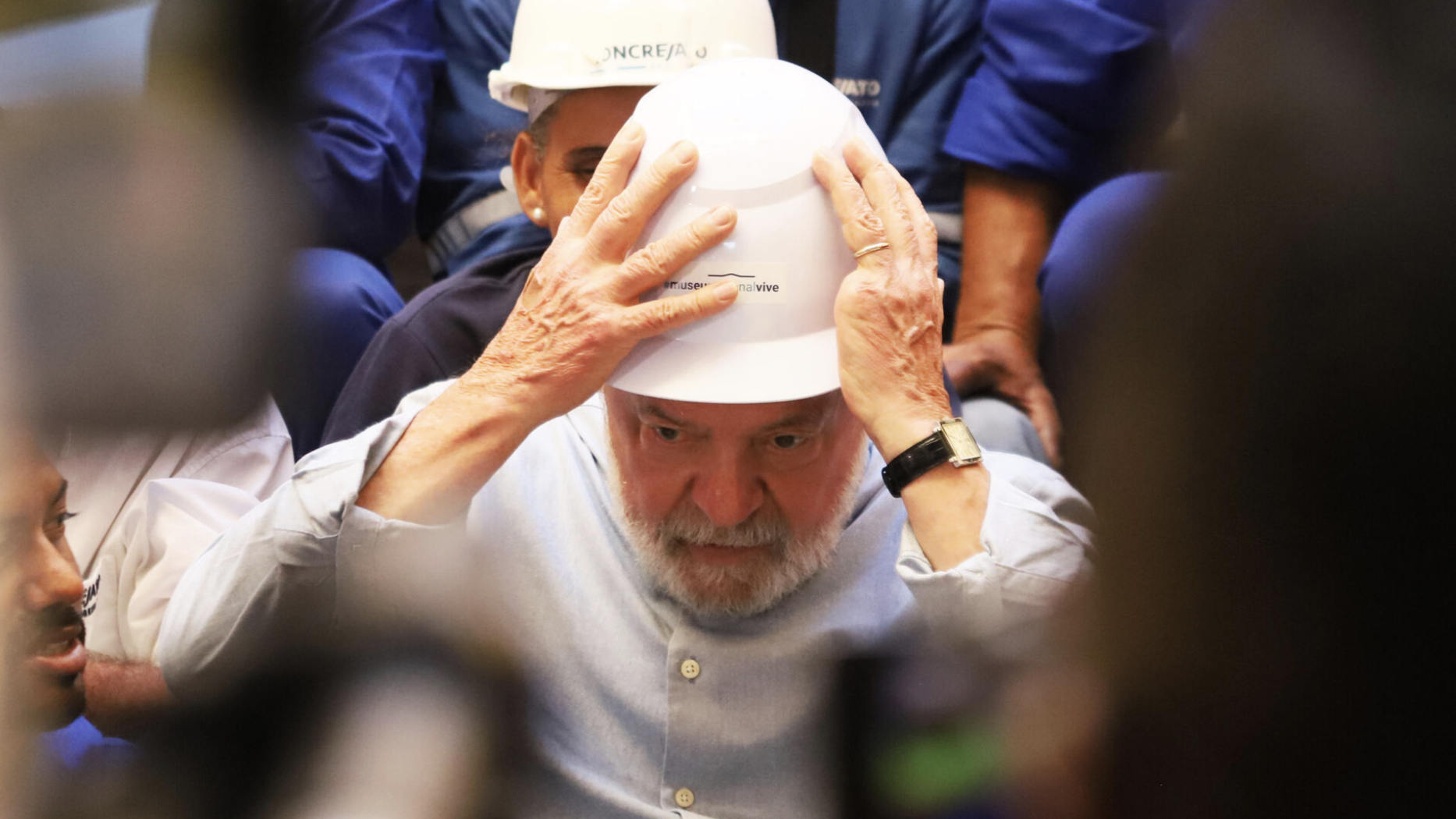—
When Luiz Inácio Lula da Silva became president on January 1, he faced a unique opportunity. After four years of nonstop political quarrel and confrontation, the majority of voters had endorsed a narrative of normalization, represented by an unusually broad coalition that included political figures as diverse as Geraldo Alckmin, an establishment conservative, Marina Silva, a bonafide environmentalist icon, and Gleisi Hoffmann, the vocal leftist chairperson of Lula’s Workers’ Party.
The violent insurgency of January 8, in many ways, offered the newly minted president an even greater chance to present himself as the defender of a democracy under siege. The alternative, Lula could quite credibly argue, was chaos.
Mr. Bolsonaro’s decision to remain abroad in the aftermath of the riots only added to Lula’s advantage. The former Army captain’s choice to stay in Florida disoriented his most loyal supporters and gave the new president the opportunity to set the agenda of the public debate in the post-Bolsonaro landscape.
Three months later, political normality has indeed set in to some extent. Gone are the days of leading government officials expressing nostalgia for the military dictatorship, attacking foreign governments, and questioning the legitimacy of electoral courts.
A normalization of diplomatic ties to international partners was low-hanging fruit, but still a significant improvement. Numerous..
Read full article here









